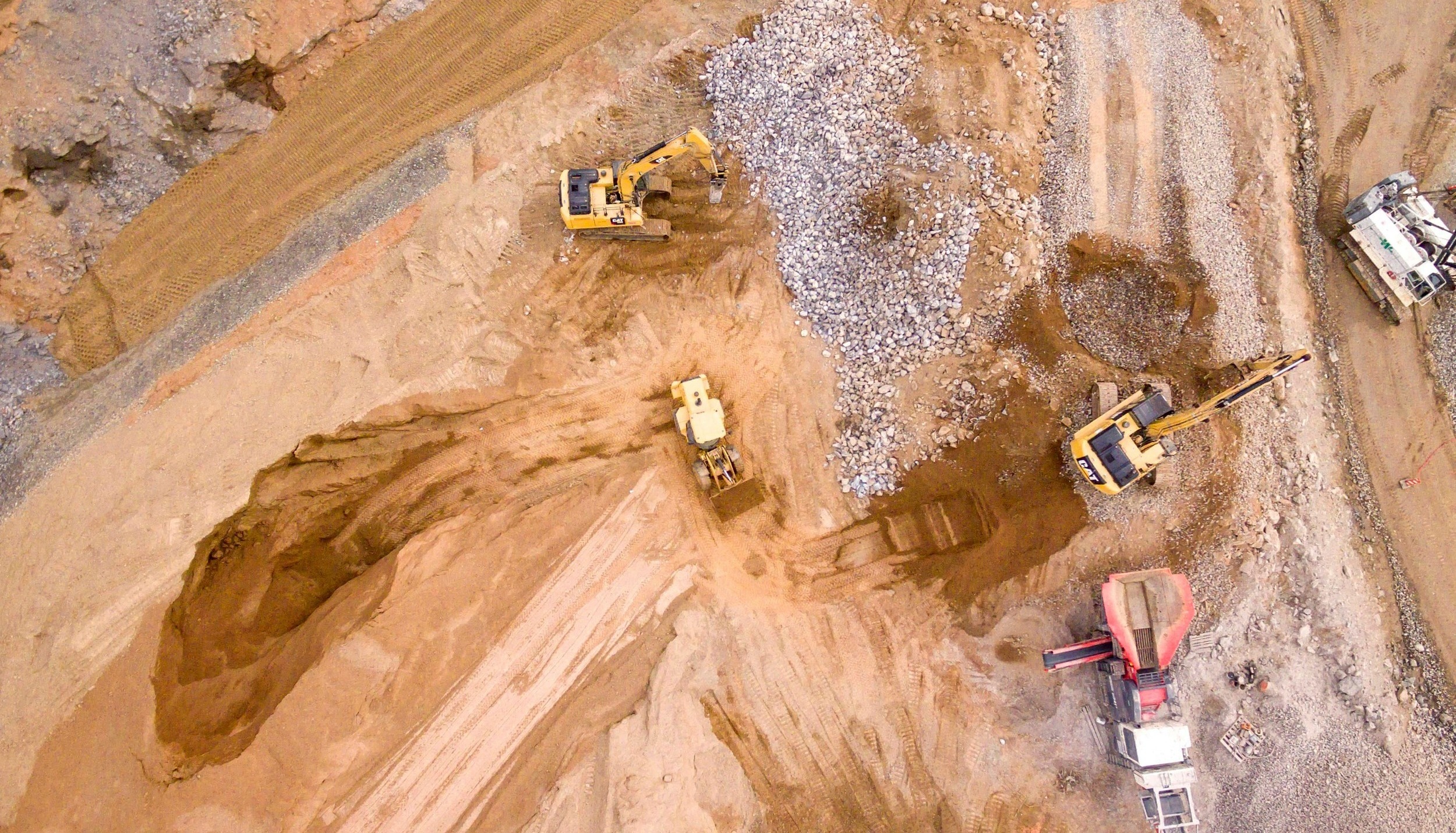Project Overview
The Greek Ministry of Infrastructure and Transport sought assistance in conducting a Feasibility Study and Cost-Benefit Analysis (CBA) for the award of two critical infrastructure agreements concerning the VOAK (Northern Crete Motorway). The project involved the concession contract for the “Design, Construction, Funding, Operation, Maintenance, and Exploitation of the Chania-Heraklion section” and the Public-Private Partnership (PPP) contract for the “Design, Construction, Funding, Operation, and Maintenance of the Hersonissos-Neapoli section.”
The aim was to evaluate the economic viability, social impact, and financial sustainability of upgrading these sections of the VOAK motorway.
The project required a detailed analysis of both financial and socio-economic aspects of the motorway upgrade, including evaluating the impact on regional transportation, traffic demand, and the broader economic development of Crete. Additionally, the project needed to align with the stringent requirements of EU funding bodies, including JASPERS and the European Structural and Investment Funds, making the process highly technical and collaborative.
The approach
Our team provided comprehensive consultancy services to support the Ministry, focusing on two major areas:
- Feasibility Study and Cost-Benefit Analysis
To assess the feasibility and economic benefits of the VOAK motorway upgrade, our consultants performed an integrated analysis of the proposed alignment and road network impacts. Key activities included:- Feasibility Study:
- Project description and environmental context, considering demographic and economic factors affecting passenger and freight transportation demand.
- Evaluation of alternative alignments for the VOAK, with a detailed explanation of the selected option based on operational and technical criteria.
- Presentation of the proposed solution from a technical and functional perspective.
- Cost-Benefit Analysis (CBA):
- Financial analysis, including key performance indicators (FRR/C, FNPV/C, FRR/K, FNPV/K) to assess the financial sustainability of the project and determine the need for EU financial support, if applicable.
- Socio-economic analysis, using indicators such as ERR, ENPV, and B/C ratios to evaluate the project’s wider benefits to the region, its alignment with EU regional policies, and its contribution to environmental sustainability.
- Sensitivity and risk analysis, assessing key factors influencing travel demand, user satisfaction, and the overall cost of upgrading the VOAK.
- Feasibility Study:
- Support to the Ministry’s Directorate in Deliberations with JASPERS
Our team also provided support to the Ministry’s Directorate during discussions with JASPERS, the EU’s technical advisory service. This involved:- Drafting Explanatory and Informative Notes in response to guidance from JASPERS and preparing presentations of the project for third parties, including the Managing Authority of the Cohesion Fund (CSF) and other relevant agencies.
- Incorporating feedback and recommendations from JASPERS and the Managing Authority of the Transport and Environment Operational Programme into the final Feasibility Study and associated annexes.
Outcomes
Our thorough approach ensured that the Ministry had a well-structured Feasibility Study and CBA, aligned with EU funding requirements and supporting the strategic objectives of the VOAK motorway upgrade. By incorporating both financial and socio-economic indicators, our analysis demonstrated the significant benefits of the project to Crete’s transportation infrastructure and economic development, helping to secure the necessary approvals and funding.
